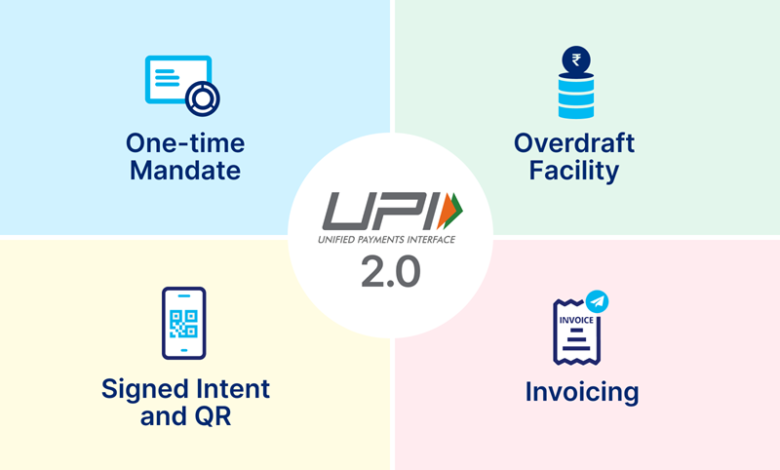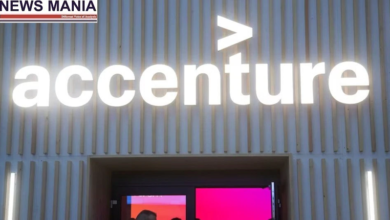NPCI to Enhance UPI with Delegated Payment System for Non-Bank Account Users

News Mania Desk/Agnibeena Ghosh/16th August 2024
India’s National Payments Corporation (NPCI) is set to upgrade its Unified Payments Interface (UPI) service, introducing innovative features aimed at expanding the platform’s accessibility. Among the most anticipated additions is the Delegated Payment System, which is designed to allow individuals without bank accounts to participate in the digital payment ecosystem.
UPI has been a cornerstone of India’s digital payment revolution, enabling millions to make quick, cashless transactions through their smartphones. Traditionally, using UPI has required users to have a bank account linked to their mobile number and Aadhaar card. However, the NPCI’s latest initiative seeks to break down this barrier, ensuring that even those without a bank account can benefit from UPI’s convenience.
The Delegated Payment System is a game-changer, particularly for families or groups where not all members have individual bank accounts. This new feature will allow multiple users to make payments from a single UPI account. For example, if a family member has a savings account with an active UPI service, other members of the family can use that UPI account to make payments using their own smartphones. This shared access will be limited to savings accounts, ensuring that the account holder retains full control over their financial resources.
To implement this system, the NPCI will require users to activate the feature and undergo identity verification. Once the Delegated Payment System is activated, the account holder can authorize others to make payments from the same UPI account. This flexibility could be particularly beneficial in households where not every member has a personal bank account, such as in rural areas or among lower-income groups.
The NPCI has yet to release detailed guidelines regarding transaction limits or specific usage conditions for the Delegated Payment System. However, the expectation is that this new feature will lead to a substantial increase in UPI usage across the country. Some estimates suggest that payments made through UPI could rise by 25 to 30 percent as more people gain access to digital transactions through this inclusive system.
In addition to the Delegated Payment System, the NPCI is also working on other enhancements to the UPI platform, including the introduction of biometric authentication options such as face unlock. These features aim to bolster security while providing a seamless user experience, further driving the adoption of digital payments under the ‘Digital India’ initiative.
This move aligns with the broader goals of the NPCI and the Indian government to foster financial inclusion and ensure that the benefits of digital banking reach every segment of society. By making UPI accessible to those without bank accounts, the NPCI is not only broadening its user base but also reinforcing the country’s push toward a cashless economy.
As the NPCI continues to roll out these updates, the impact on the digital payments landscape in India could be profound. The Delegated Payment System, in particular, represents a significant step toward inclusivity, empowering more individuals to participate in the digital economy without the need for traditional banking infrastructure. This initiative is poised to enhance the reach and utility of UPI, further cementing its role as a critical tool in India’s financial ecosystem.






